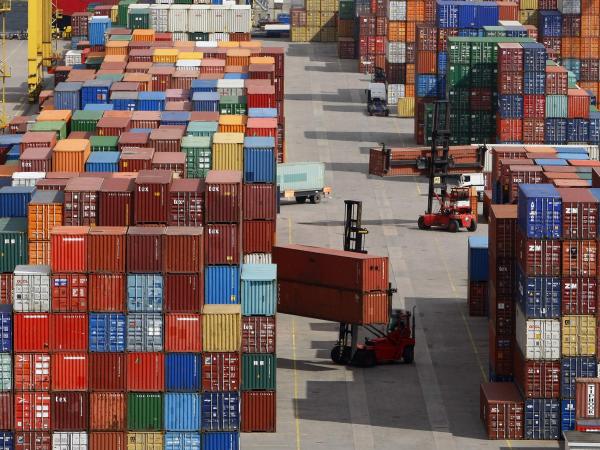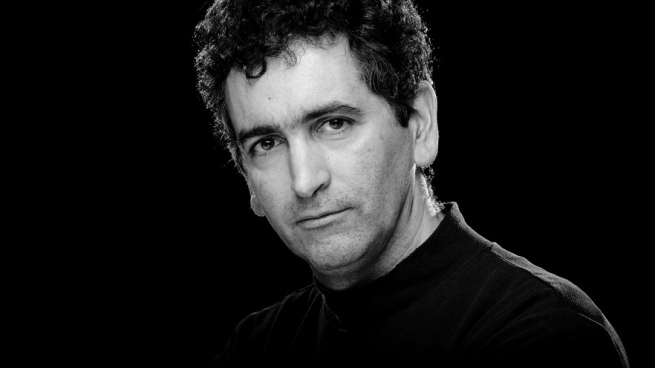This year’s edition of the School World Games, also known as Gymnasiade, held last month, had a novelty. The event held in the Normandy region (France) hosted, for the first time, disputes for athletes with disabilities. The Brazilian Paralympic team won 39 medals and was on the podium in the three modalities (athletics, swimming and judo).
Largest parasports delegation of the event, with 27 representatives (practically a third of the total), Brazil lived up to the favoritism with 16 golds, 15 silvers and eight bronzes. There was no specific medal table. If it had, Brazilians would be ahead in general and by modality. It is worth remembering that the country had the most numerous team in the Gymnasiade, with 230 student-athletes in all.
“The participation of Brazilian Paralympic athletes in the Gymnasiade was excellent. For us, the inclusion of Paralympic sports in the event was extremely important. I’m sure that this integration was a unique learning experience for both Olympic and Paralympic athletes”, declared Jonas Freire, director of high performance of the Brazilian Paralympic Committee (CPB), to the Brazil Agency.
The first time parasports at the Gymnasiade brought together 84 of the approximately 3,400 athletes between the ages of 16 and 18 who participated in the event and involved eight of the 63 nations represented in Normandy. Brazil had more competitors in a single sport (athletics and swimming, with 12 athletes each) than the entire Paralympic team from France (11), which hosted the Games. Besides the Brazilians, only the Turks were present in the three sports.
In swimming and athletics, the heats had to be multiclass, with podiums defined by means of a score that took into account the time or the mark and the athlete’s performance according to the degree of commitment. In other words: competitors with physical-motor, visual and intellectual disabilities fought among themselves for the medals. In the specific case of athletics, the division was based on the type of dispute: long jump, sprint (100 and 400 meters) and middle distance (1,500 and 3,000 meters). The test in which the youngster obtained the most points would count towards the final classification.
For example, the Brazilian José Alexandre Martins da Costa, in the T47 class (amputation of one of the upper limbs), received 1,167 points for his performance in the 100 meters and 1,144 in the 400 meters. The first, highest score, earned the men’s sprinters gold medal. Frenchman Thebaut Evan, from T12 (low vision), in turn, scored 861 points in the 100m and 959 in the 400m. The second result was taken into account – he took seventh position.
Judo, in turn, had only six entries (three from Brazil) in five pesos. In practice, there was only one dispute for medals, with the victory of the Spanish Maria Manzanero over the Brazilian Larissa Barros de Oliveira, 16 years old (two less than the rival), in the category up to 57 kilos. On the last day, a clinic was held with French judoka Gevrise Emane, three-time world champion and bronze medalist at the London Olympics (United Kingdom) in 2012, in the 63-kilogram category.
Despite the adaptations, the event served for many of the young people who participated to compete for the first time away from home. This was the case of 16-year-old Gabriel Guimarães, introduced to adapted sport at the Brazilian Paralympic Committee (CPB) Paralympic school and currently the sixth fastest time in the country in the 100 meters in the T12 class. In France he was third among sprinters, behind José Alexandre and also Brazilian Leandro de Oliveira Viana, in the T20 category (intellectual disability).
“The experience at Gymnasiade was very incredible, different. I discovered new countries and cultures. The results were accounted for differently, I got the bronze, but it tasted like gold for me, for all the work done and the dedication of everyone, like my guide, Célio Miguel, my parents and family. [A Gymnasíade] was very important for my growth as an athlete”, summarized Gabriel to the Brazil Agency.









